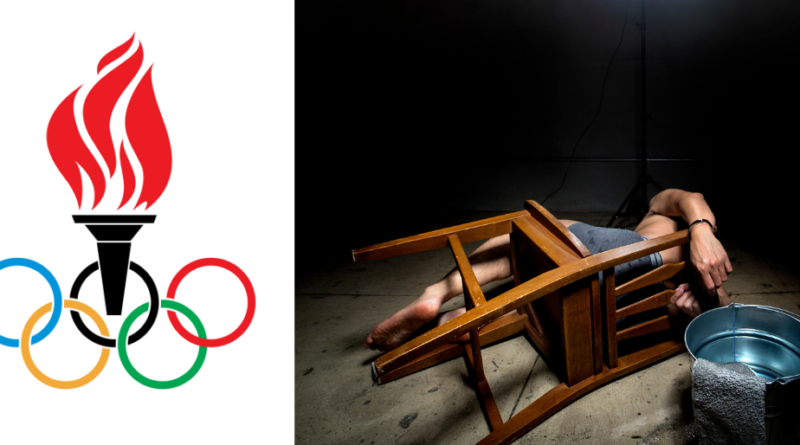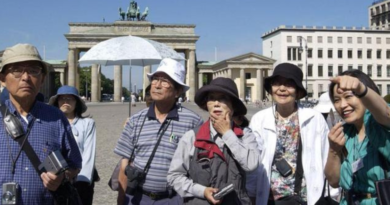Tokyo Olympics Debut Fun New Demonstration Sport, Waterboarding
The Americans are set to take gold on this one.
By: Grant Yang
August 3, 2021
The 2020 Tokyo Summer Olympics has already seen the world’s top athletes compete in the most prestigious sporting events, but Olympic officials this year are showcasing a new demonstration sport for international audiences—waterboarding. Like previous demonstration sports at the Olympics, there was no official medal ceremony, but rather the sport was played for exposure to the rest of the world.
The waterboarding event was different from other events in that competitors were drafted from athletes already at the games for other sports. “Waterboarding really shows off an athlete’s innate endurance and resilience,” reported Olympics Chief Seiko Hashimoto, “so we wanted to punish—er, I mean reward the athletes that deserve it.”
The first competitors to be drafted were the Chinese 10m synchronized diving duo and the Chinese mixed double table tennis team, both of which saw major upsets and lost the gold medal. “After their shameful losses, we thought it would be apt to see them suffer, uh, that is to suffer from success in the waterboarding event” said Gou Zhongwen, head of the Chinese Olympic Committee.
The other spots were quickly taken up by Team USA, half of whom thought that waterboarding was surfing, and the other half thinking that they would only be perpetrating. “For some reason, the USA team kept insisting that the Middle Eastern teams also compete,” reported Chief Hashimoto, “too bad the Americans took up all the spots.”
At game time, the Americans quickly won as Katie Ledecky lasted twenty minutes of waterboarding straight completely unfazed. “Oh, I can breathe water. Didn’t you guys know?” Ledecky stated. Meanwhile, Team USA had to be torn away from the Chinese team as they wouldn’t stop pouring water even after the match ended. “They’re too good at this, they’ve gotta be using performance-enhancing drugs!” exclaimed Zhongwen. Shortly after the torture session, they tested the Americans’ blood for drugs but only found copious amounts of dopamine.




